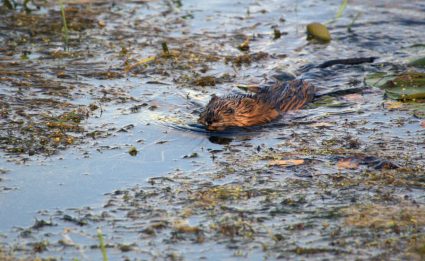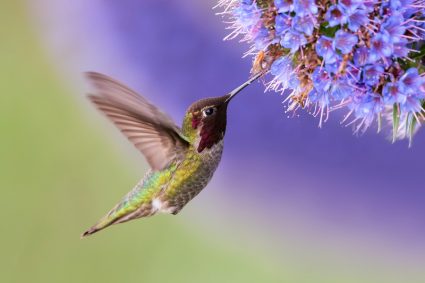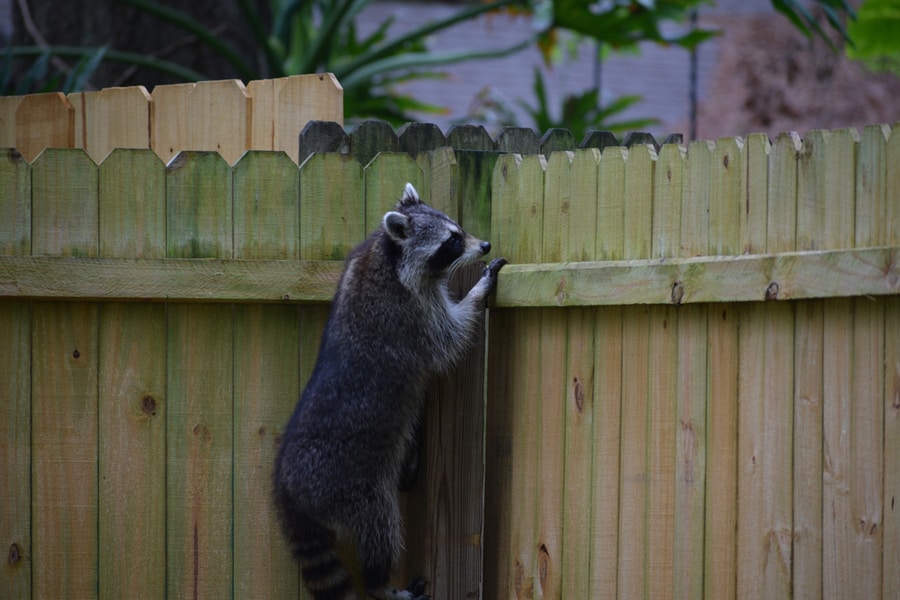
At first glance, it may look like ripping up your yard and making it a war zone is all that raccoons are good for. They are notorious for upturning trash cans tearing through anything they find, and giving your garbage a proper pat down.
However, like other animals, raccoons go out for survival food. If you have an unknown animal who keeps visiting and making a mess of your yard, it’s probably a raccoon who has found a new place to eat.
Therefore the short answer to why raccoons are in your yard is to eat. There are also other reasons which could be responsible for the attraction of these unwanted guests to your home.
Before you ask why raccoons are coming into your yard, you may want to examine how they got in. If your yard is open without fences or barriers, then you may have your work cut out for you.
On the other hand, raccoons are sneaky creatures who climb trees and jump up to 10 feet.
If they have an accessible entrance or an extending branch that drops them right in the middle of your yard, they may proceed to find reasons to stay.
- Raccoons are scavengers. They are always searching for food and things that can serve as food.
- They do not have a problem with going after rotting food or digging down the bottom of your garbage can.
- Raccoons love cat food and will sniff out any leftovers.
Here are seven reasons they keep visiting if you are experiencing raccoon rampages in your yard. In the FAQ section, you can also find out what attracts raccoons and how safe they are.
7 Reasons Raccoons Visit Your Yard
Raccoons are notorious creatures who stick their noses in yards of homes simply because they can.
In some instances, however, certain factors may encourage them to keep visiting or to spend more time in your home.
Here are some things to look out for when dealing with raccoons.
1. Food
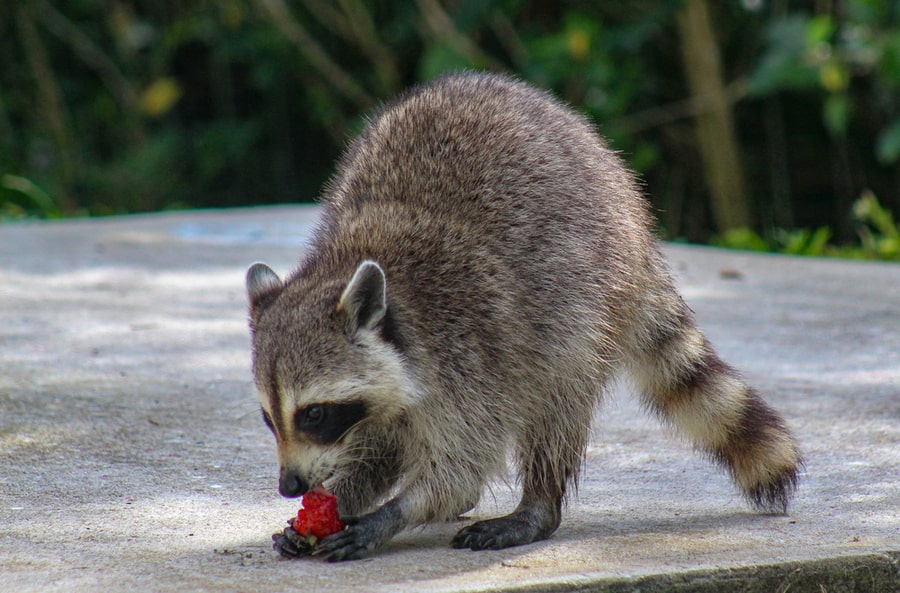
Raccoons return to human homes depending on the availability of food in such places. Their diet is not restricted to vegetation only. They also eat leftovers from trash or still the occasional chicken.
If a raccoon has discovered how to get into your garden or your chicken coop, it will continue to visit your yard for its daily bread.
2. Water
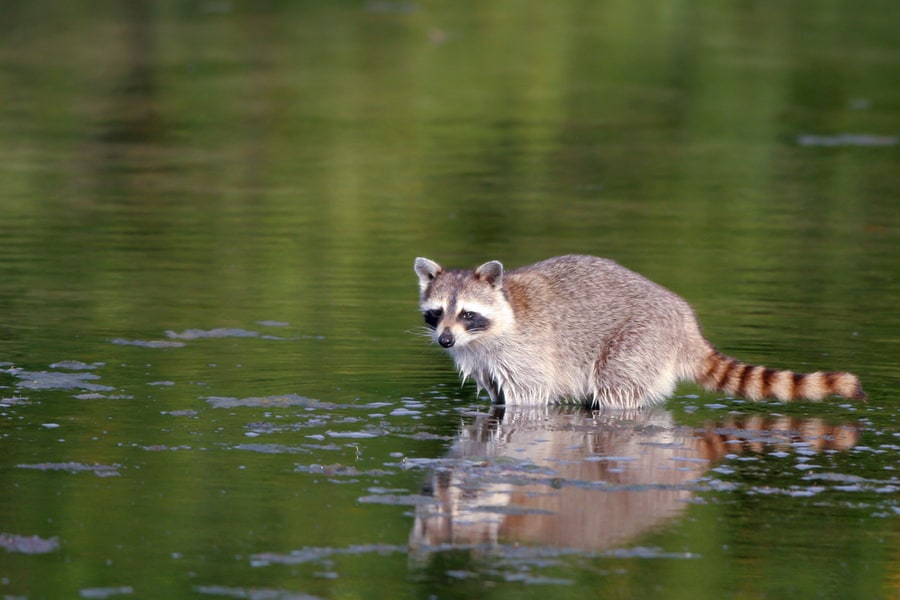
Raccoons often set out in search of water to drink. They could drink from your pet’s water bowls or flower pots with standing water.
It could also be pools of water in your garden or certain parts of your yard.
So eliminating those water sources will prevent them from returning to your yard.
3. Shelter
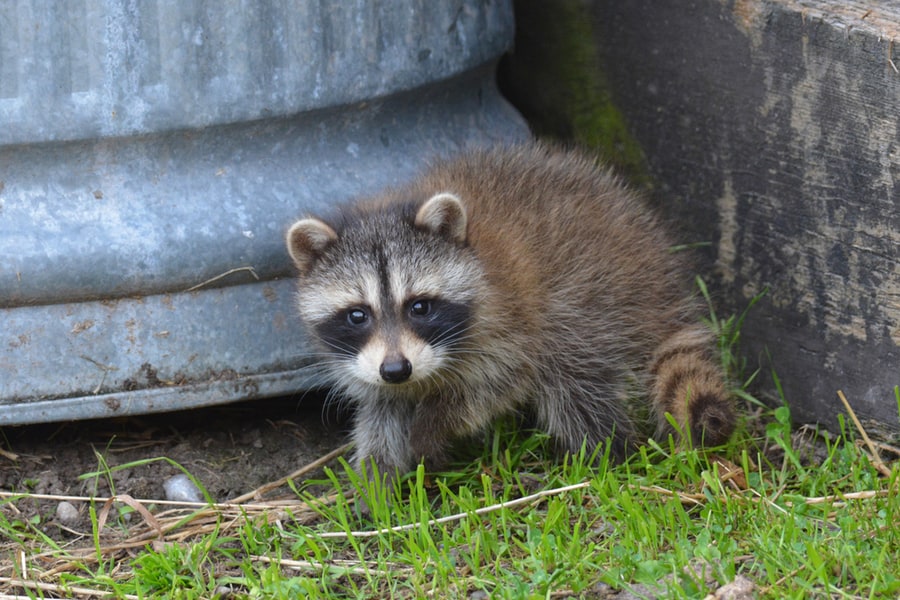
Most pets like that are in dark and secluded places to hide their heads, and raccoons are not excluded. If you rented an apartment as your home, they would not find it odd to return there anytime you, please.
It’s the same for raccoons, except they do not pay rent but simply scout and choose choice spots.
When a raccoon finds a secluded corner or a box or a hole underneath a pile of junk to hide his head, he will return each time he wants to rest or retire for the day.
So if a raccoon continues to come into your yard, it’s probably because its shelter is also in your yard.
4. Exposed Bins or Garbage Cans
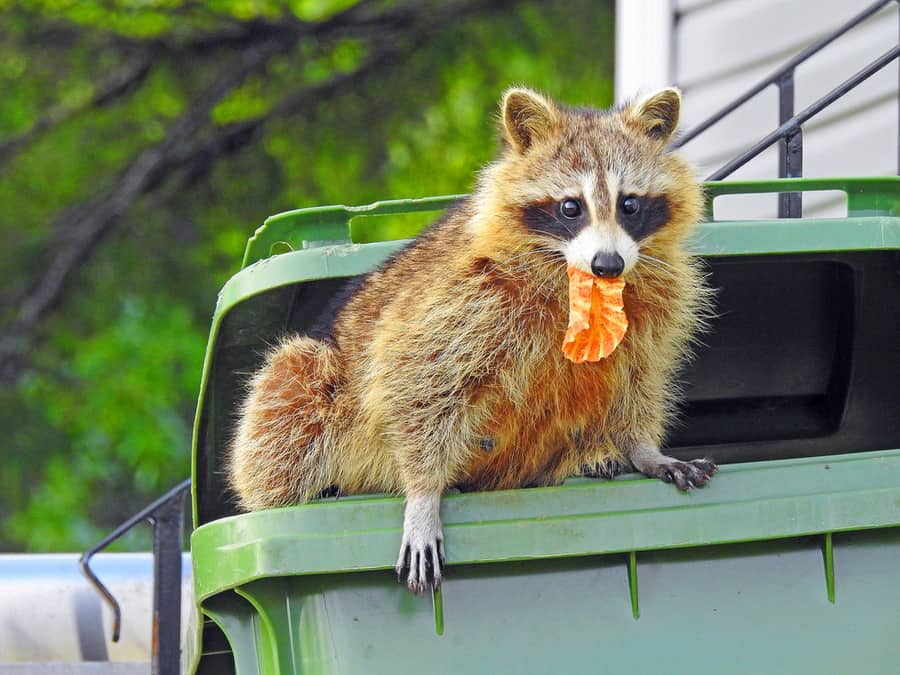
Raccoons have a habit of rummaging through trash and cans in search of food. Doing this is probably their favorite pastime, and finding food is a bonus.
Homes that have open trash cans are likely to get frequent visits from raccoons. If you keep remnants of edible food in your bin, it will invite raccoons.
Unlike you, they don’t care how long the food has been made and would make it a routine of checking for other edible things.
5. Trees With Extending Branches
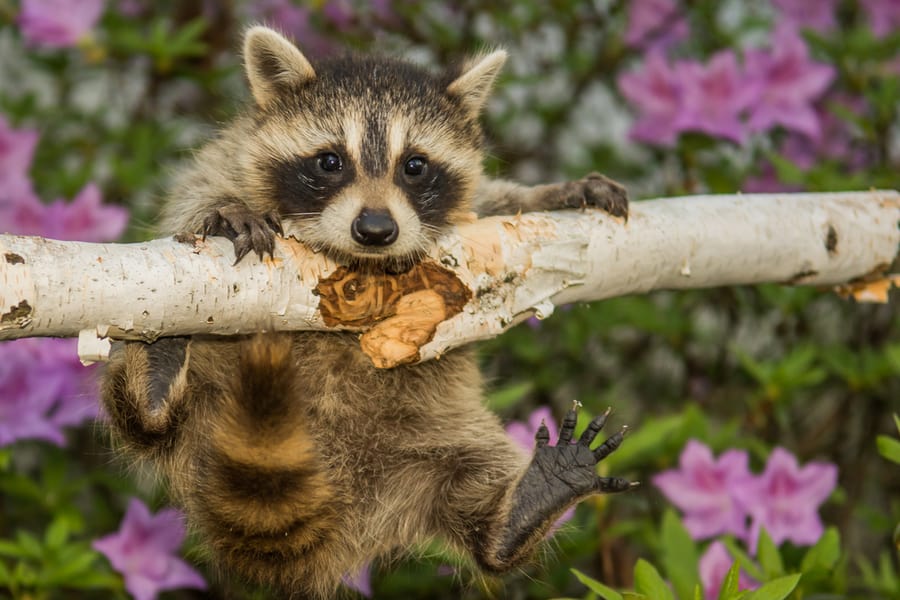
Raccoons are good climbers, and they love to climb trees. It’s perhaps their preferred way of entering people’s yards.
Raccoons often choose hollowed trees to make a den. From their high post, they can spot food on the ground and move to eat it. They can jump as high as 10 feet from an elevated surface. If there are trees in your yard, it will attract raccoons, especially if it’s a fruit tree.
They could also use other tree branches extending to your yard as stairwells.
6. Open Compost Piles
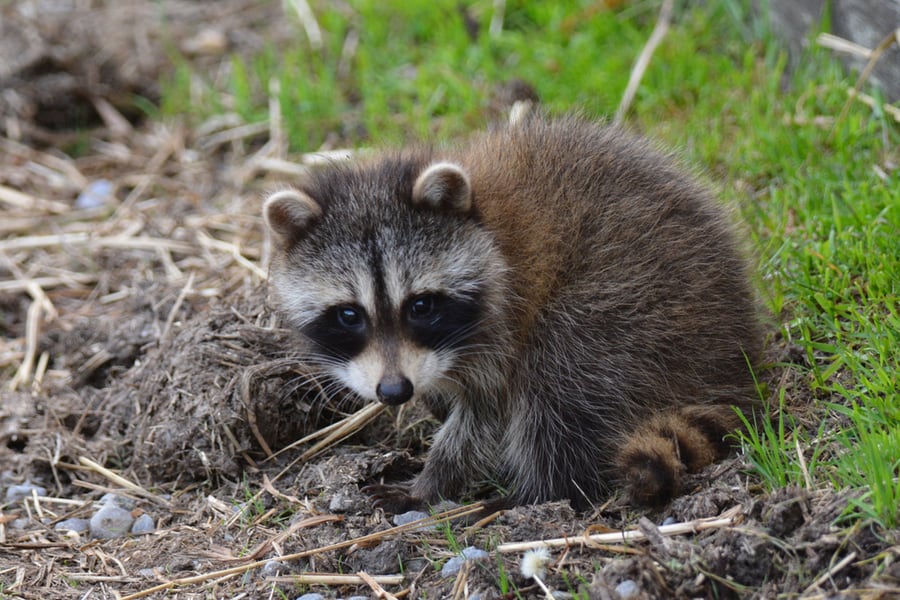
Compost piles typically contain food scraps, which attract raccoons to them. If you have compost piles in your yard, you must ensure they are adequately sealed.
Raccoons have handy paws which they can use to clear open unsecured compost piles. Securing them would save you the energy put into creating them and the mess raccoons would make when they pry them.
7. Unsecure Livestock
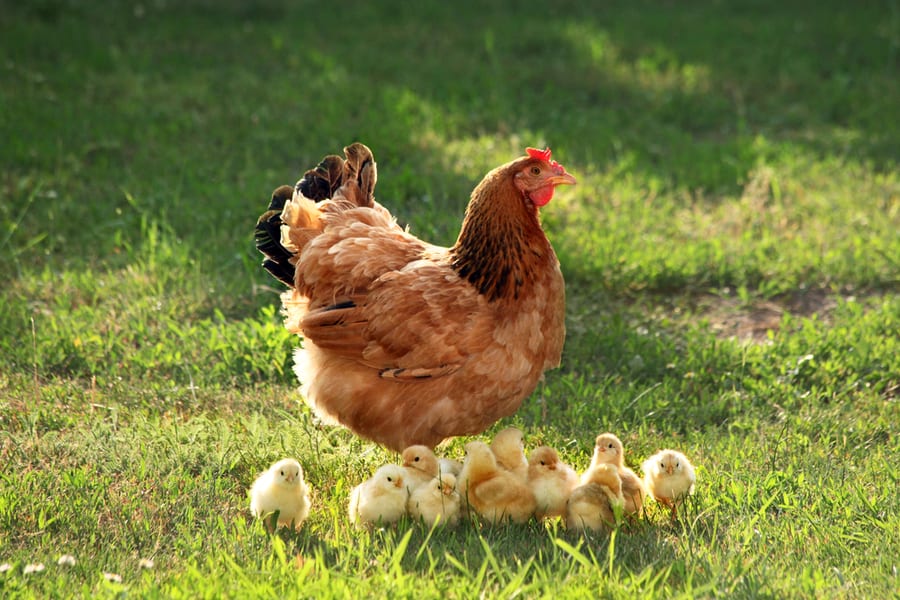
Raccoons eat chickens, and the idea of hunting is wiggling their way through a chicken cool and snatching some for themselves.
If you have livestock in your yard and do not shelter them securely, raccoons will find their way in and begin to steal your fowl.
So check your livestock shelters and ensure that it is raccoon-proof, bearing in mind that they can climb their way in.
Conclusion
Raccoons are clever yet destructive animals. Having them around you can cause a lot of damage to your property and health.
Dealing with them effectively requires you first to discover why they keep visiting your yard. Knowing the reasons will help you address the problem successfully.
It also helps to routinely check your yard and environment for signs of the presence of a raccoon. That way, you can get rid of it before it causes damage.
Frequently Asked Questions
What Attracts Raccoons?
Raccoons are attracted to trash cans, leftover food, pet food, water sources, holes, and corners that can hide them. They love to eat fish and frogs, so a fish pond would draw them in.
Raccoons are also attracted to sweet fruits like apples, plums, and cherries.
Are Raccoons Safe To Have Around Your House?
No, it isn’t safe to have raccoons around your house. Although it is not likely that the raccoon will attack or harm you, its presence poses a health risk to living creatures around it.
Raccoons also tend to carry rabies and spread it to you. Their droppings also can spread salmonella and other diseases to you when you come in contact with them.





